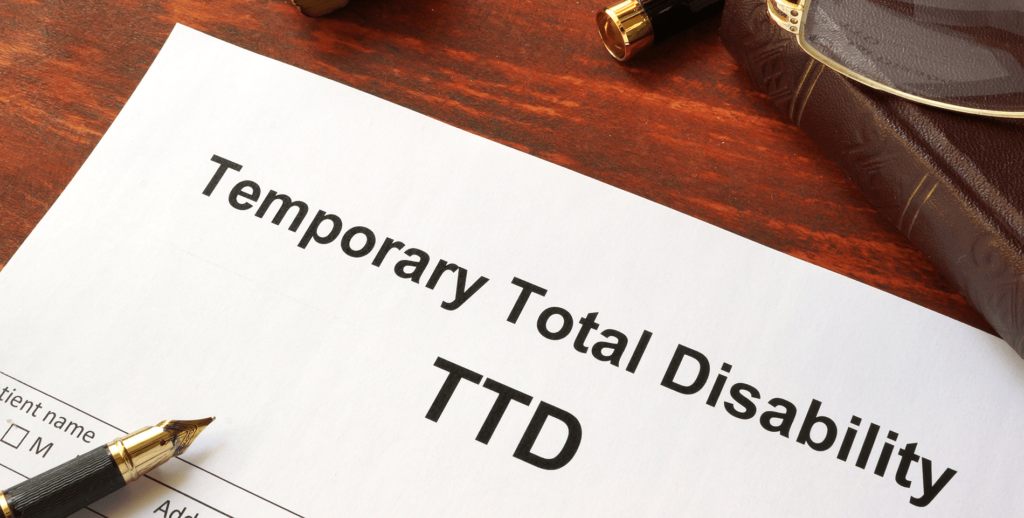Workers’ compensation benefits are available to employees injured or who become ill due to their employment. Benefits can include medical expenses, income replacement, and death benefits. Depending on their situation, employees may be eligible for several types of workers’ compensation benefits. Here is a look at the different types of workers’ compensation benefits available in most states.
1. Medical
Workers’ compensation is a system of insurance that benefits employees injured or who become ill due to their job. Medical benefits are one type of benefit that may be available through workers’ compensation. These benefits can help cover medical care costs, including hospitalization, prescription drugs, and physical therapy. In some cases, medical benefits may also pay for transportation to and from doctor’s appointments or rehabilitation facilities. Employees unable to work because of their injuries may also be eligible for temporary disability benefits, which can help cover lost wages.
Workers’ compensation is typically mandatory in most states, and employers are responsible for providing coverage for their employees. Employees must typically file a claim with their employer or workers’ compensation insurance company to receive medical benefits. Once the claim is approved, the employee will then be able to receive reimbursement for their medical expenses.
2. Income Replacement
Workers’ compensation is designed to provide you with income replacement benefits when you are injured. That means that if you cannot work due to your injury, you will receive a percentage of your income to help cover your living expenses. The amount of income replacement benefits you receive will depend on your state’s workers’ compensation laws, but typically it is around two-thirds of your regular wages.
Sometimes, wage replacement benefits may continue after the worker has returned to work. If you have a permanent disability that prevents you from returning to work, you may be eligible for long-term income replacement benefits. These benefits can provide you with financial support until you reach retirement age or can return to work in some capacity. Income replacement benefits are typically paid on a weekly or biweekly basis.
3. Death
Workers’ compensation death benefits are payments made to the surviving spouse, minor children, or other dependents of a worker who has died due to a work-related injury or illness. In most cases, these benefits are paid in a lump sum and are intended to help the family with funeral expenses and other financial obligations. Death benefits typically replace a portion of the deceased worker’s lost wages and can be used to help pay bills, purchase groceries, and cover other necessary expenses. While no money can truly compensate for the loss of a loved one, workers’ compensation death benefits can help ease the financial burden on families who have lost a breadwinner.
4. Vocational Rehabilitation
Vocational rehabilitation benefits are available to workers who cannot return to their previous job because of a work-related injury or illness. Many injured workers can return to their previous job after treatment and recovery. However, some injuries can be so severe that returning to work is impossible. In these cases, vocational rehabilitation benefits can help workers transition to a new career. These benefits can help cover the cost of retraining or education so that the worker can find a new job suitable for their condition. Vocational rehabilitation benefits may also pay for transportation to and from job interviews or training programs.
In some cases, vocational rehabilitation benefits may also purchase adaptive equipment necessary for the worker to perform their job. Workers who receive vocational rehabilitation benefits often report feeling more confident and independent, and many can find jobs that are better suited to their new abilities. As a result, vocational rehabilitation benefits play an important role in helping injured workers rebuild their lives. Employees interested in pursuing vocational rehabilitation should speak with their employer or workers’ compensation insurance company to see if they are eligible for these benefits.
5. Temporary Disability

Temporary disability benefits are paid to employees who cannot work after a workplace accident or injury. This benefit can help cover lost wages and help the employee make ends meet while recovering from their injury. Temporary disability benefits are typically paid until the employee can return to work or reaches maximum medical improvement. In some cases, an employee may be eligible for permanent disability benefits if they cannot return to their previous level of function. To receive this benefit, workers must provide medical documentation proving they cannot work. Once an employee has returned to work, they are no longer eligible for this benefit.
6. Permanent Disability
Employees who cannot return to work because of a permanent disability may be eligible for permanent disability benefits. Permanent disability benefits are available to workers who have suffered a permanent disability due to a work-related injury or illness. These benefits are intended to help workers adjust to their new lifestyle and cover the costs of medical treatment, rehabilitation, and other necessary expenses. These benefits are typically based on the severity of the disability and the employee’s ability to earn a living.
An employee may receive a lump sum payment, while other payments may be made in periodic payments, depending on the severity of the disability. In some cases, permanent disability benefits may continue for the rest of the worker’s life. Workers who receive permanent disability benefits often report feeling more financially secure and independent, and many can maintain their standard of living despite their injury.
7. Supplemental Job Displacement
If you are injured at work and cannot return to your previous job, you may be eligible for the Supplemental Job Displacement Benefit. This benefit provides you with vouchers to be used towards the cost of vocational rehabilitation and skills training. The voucher amount is based on age, education level, and injury severity. If you can return to work in a different position that pays less than your previous job, you may also be eligible for a Partial Wage Replacement Benefit. This benefit provides supplemental income to compensate for the difference in wages. To be eligible for this benefit, you must have a doctor certify that your injury prevents you from returning to your previous job and that you can perform alternative work.
Conclusion
Workers’ compensation benefits are an important resource for workers who have been injured on the job. The benefits help you recover from a work-related injury or illness and return to your previous level of function. Employees interested in pursuing workers’ compensation should speak with their employer or workers’ compensation insurance company to see if they are eligible for these benefits and about which benefits they may be entitled to.

